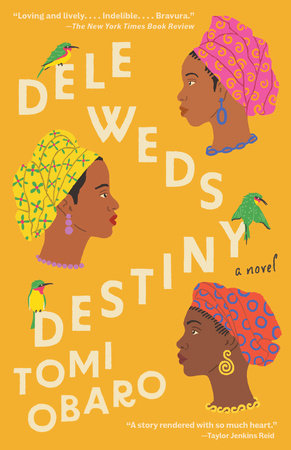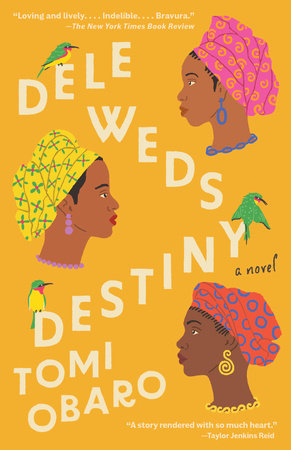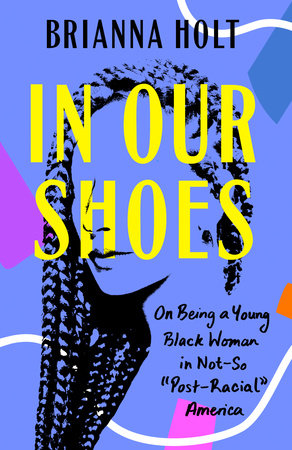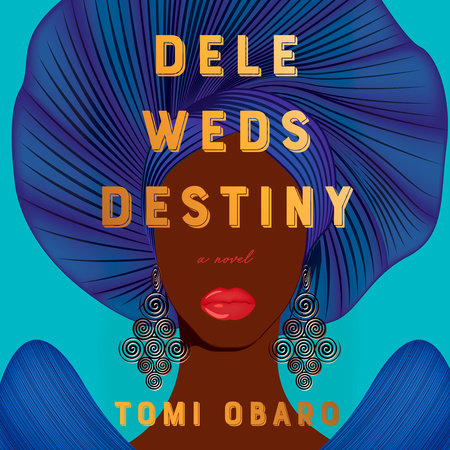

Dele Weds Destiny
By Tomi Obaro
By Tomi Obaro
By Tomi Obaro
By Tomi Obaro
By Tomi Obaro
Read by Tariye Peterside
By Tomi Obaro
Read by Tariye Peterside
Category: Literary Fiction | Women's Fiction
Category: Literary Fiction | Women's Fiction
Category: Literary Fiction | Women's Fiction | Audiobooks

-
$17.00
Jun 13, 2023 | ISBN 9780593314500
-
Jun 28, 2022 | ISBN 9780593320303
-
Jun 28, 2022 | ISBN 9780593591512
497 Minutes
Buy the Audiobook Download:
YOU MAY ALSO LIKE
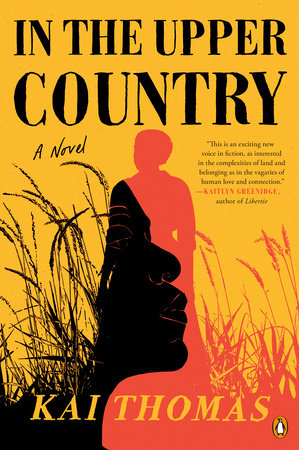
In the Upper Country
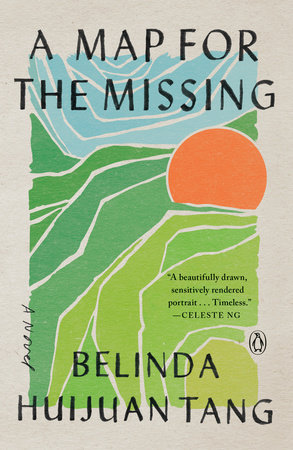
A Map for the Missing
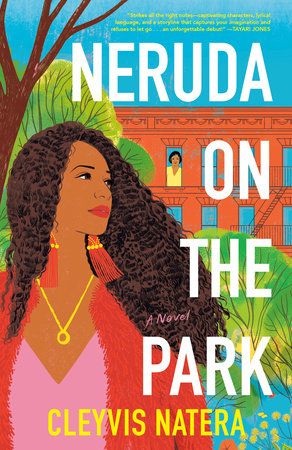
Neruda on the Park
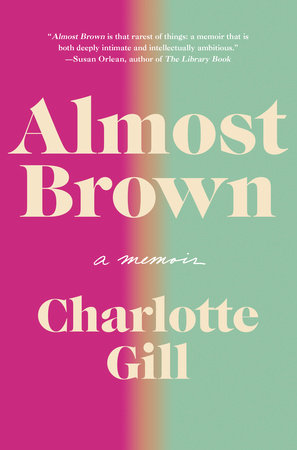
Almost Brown
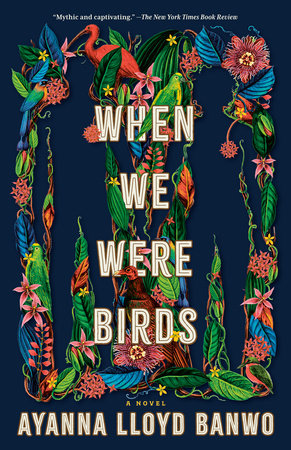
When We Were Birds
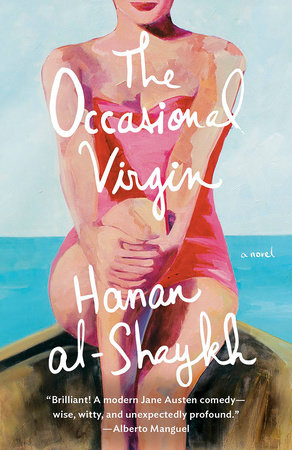
The Occasional Virgin
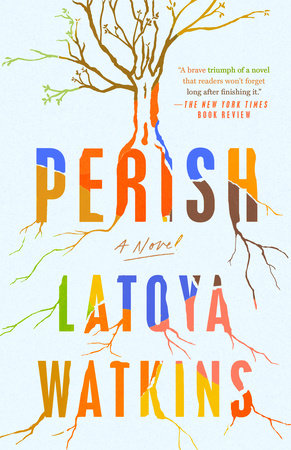
Perish
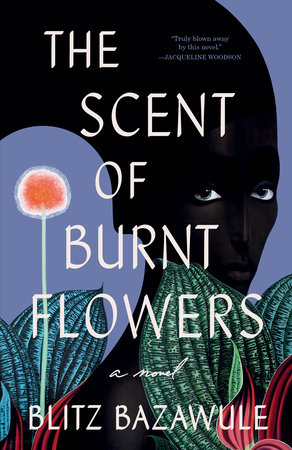
The Scent of Burnt Flowers
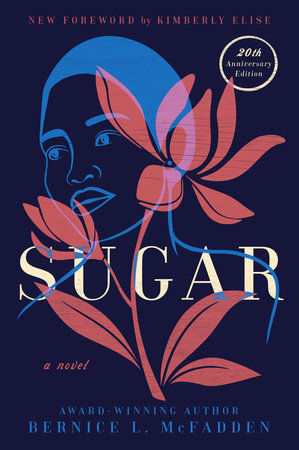
Sugar
Praise
A Vanity Fair Best Book of the Year
“Loving and lively . . . the writing takes on a political power . . . indelible . . . bravura.” —The New York Times Book Review
“Obaro’s writing gives richness and depth to female friendship, depicting the beauty of bonds that last a lifetime.” —The Washington Post
“Richly entertaining . . . [a] debut novel of loyalty, betrayal, and ultimately the unwavering love that courses through our most intimate bonds.” —Oprah Daily
“Fast-paced, glamorous, and bursting with emotion, Dele Weds Destiny is a thrilling debut. The bonds between women—as friends, and across the generations—are the jewels that make this story shine.” —Tayari Jones, author of An American Marriage
“A story rendered with so much heart.” —Taylor Jenkins Reid, author of The Seven Husbands of Evelyn Hugo
“This enchanting debut is an affectionate portrait of three women at middle age, cannily exploring the ways the self is forged in youth. With an admirably light touch, Tomi Obaro documents how class, race, faith, and power define the lives of women in Nigeria and America, past and present.” —Rumaan Alam, author of Leave the World Behind
“Tomi Obaro has a true gift for honoring the details that illuminate our most human tensions … Dele Weds Destiny is a black diamond of a debut.” —Saeed Jones, author of How We Fight for Our Lives
“Tomi Obaro has given us a wonderful novel full of richly-drawn, complicated, nuanced characters all trying to love and connect with each other. An ode to the bonds of friendship across decades, Dele Weds Destiny is a marvelous debut.” —Jami Attenberg, author of The Middlesteins
“Dele Weds Destiny is, among a great many other things, such a generous and patient consideration of life, and of lives. Tomi Obaro is such a skilled writer, with an eye towards the vivid and vivacious moments that others might dismiss as stillness. I am so thankful for the world of this book, and so excited for everyone who gets to sit in it.” —Hanif Abdurraqib, author of They Can’t Kill Us Until They Kill Us
“Obaro writes beautifully about the complicated labor of friendship and parentage. Dele Weds Destiny explores caregiving as a kind of deferment, but also as discovery, of desire, of fury, of home.” —Raven Leilani, author of Luster
“As the novel builds powerfully toward the big event [the wedding], the complexities of the mothers’ friendship — and the private wisdom each has earned — come to bear on a riveting, heartrending moment of decision. Dele Weds Destiny is a sensational debut from a dazzling new voice in contemporary fiction… Pick this one up for a take on complex female friendship that features women from a culture we don’t always see this from. The messy lives of Funmi, Enitan, and Zainab is set against the backdrop of Nigerian food, clothing, and music, which are all brought to life brilliantly by Obaro.” —BookRiot
“An engrossing read with strong characters and a clear portrait of Nigeria then and now . . . Obaro’s debut is a portrait of female friendship that will feel familiar to women everywhere, but it is also infused with Nigerian cultural specificity: food, clothing, religion, music, and ambient threat.” —Kirkus Reviews
“The intricacies of female friendships and the complex nature of mother/daughter relationships are at the heart of this absorbing novel from BuzzFeed culture editor Obaro, a sharp new voice on the literary scene.” —Library Journal
“[A] summer gem of a novel . . . Obaro evokes the deep and universal bonds developed in the women’s college years as she reveals their secrets, and she also enriches this novel with Nigerian sensibility, from its music and food to its uncertainty and instability.” —The National Book Review
21 Books You’ve Been Meaning to Read
Just for joining you’ll get personalized recommendations on your dashboard daily and features only for members.
Find Out More Join Now Sign In






